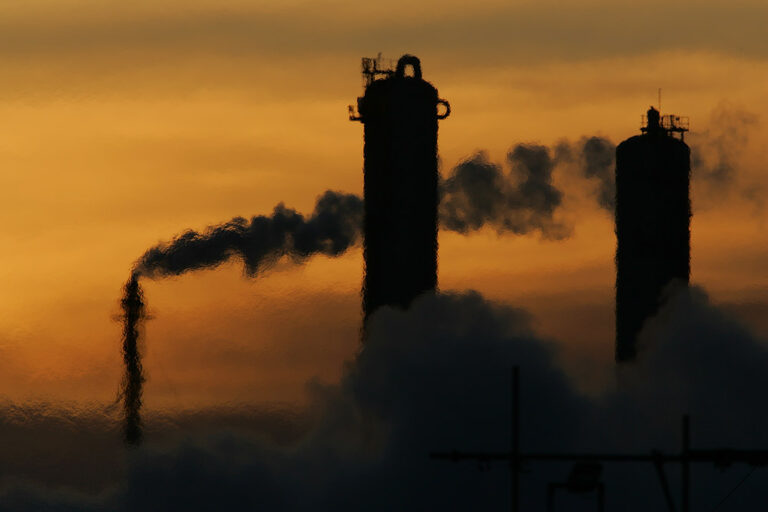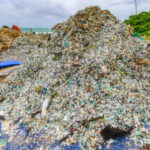Since the first scientific critiques of fossil fuels, oil companies have gone from being the “wealth of nations” to “destroyers of the planet.” In financial market terms, they have become environmental liabilities. It cannot be said, however, that they have also become economic liabilities. The global carbon credit market is heating up — quite like the planet — and oil companies are among the main players interested in leveraging this business. Among the world’s largest oil producers, countries on the Arabian Peninsula, such as Saudi Arabia and the United Arab Emirates, have partnered with Brazil’s Minerva Foods. It is the country’s second-largest meatpacker by net revenue, trailing only JBS — a giant firm whose supply chain has been linked to deforestation. In 2021, Minerva’s subsidiary MyCarbon 3 Ltda was created for a single purpose: to generate and sell carbon credits. However, the company’s projects are far from transparent. Currently under validation by Verra, the world’s leading carbon credits certifier, these initiatives aim to restore degraded pasturelands in the Cerrado. This biodiverse savanna ecosystem, which comprises around 20% of Brazil’s territory, is home to part of Minerva’s cattle supply chain and has already lost half of its native vegetation. The main cause of deforestation in the Cerrado is the activity that feeds Minerva’s meatpacking plants, farming. Partnerships between oil companies and carbon credit companies are emerging as a global trend. In 2022, Shell invested 200 million reais (roughly $40 million) in Carbonext, a developer of REDD+ projects (carbon projects in forests).…This article was originally published on Mongabay
Search
Recent Research
Want your Blog Article featured on our website?
Research
Featured News
How to Make Your Home More Energy-Efficient in 2026
A practical, future-ready guide for lower bills and a smaller footprint Rising energy prices and
Sustainable Break Rooms: Greening the Office Pantry
Photo by Rodeo Project Management Software on Unsplash A break room may seem like a
Solar-powered AI streetlights to fund coastal highway construction
Nigeria’s long delayed Lagos-Calabar Coastal Highway is set to be rescued by thousands of AI-driven,
Big Data Analytics Enhances Renewable Energy sector
The sun doesn’t send bills, but energy companies using renewable energy do. And to keep
From COP30 to Sri Lanka, indigenous voices shape climate & food sovereignty
COLOMBO — When Indigenous groups converged at the entrance of the U.N. Climate Change Conference
Another threat to reefs: Microplastic chemicals may harm coral reproduction
As the sliver of a new moon shines over Kāneʻohe Bay, Oʻahu, millions of tiny
A Practical Guide to Choosing the Right Organizer Bins Online
Choosing organizer bins sounds simple — until you start comparing sizes, materials, and specs online.
How Lagos traders struggle as styrofoam gradually disappears in markets
Traders have continued to count their losses about five months after the Lagos State Government





